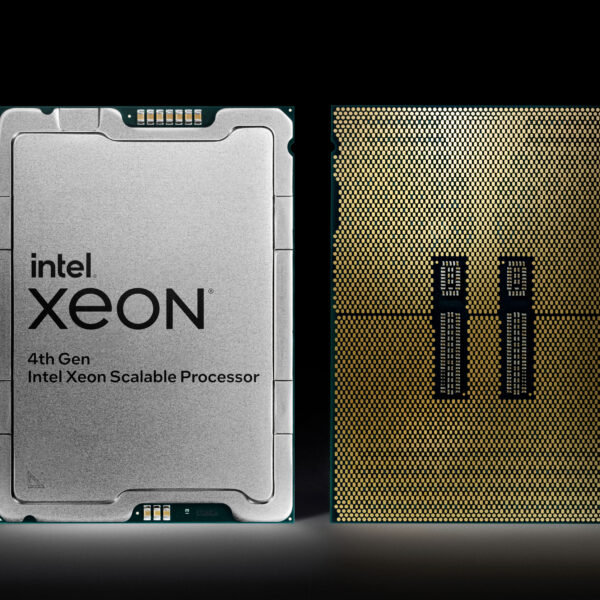In the 21st century, data is often referred to as the “new oil.” It’s a resource so valuable that it fuels entire industries, drives innovation, and shapes our world in ways we couldn’t have imagined just a few decades ago. But unlike oil, data isn’t a finite resource—it’s constantly being generated by the billions of devices we interact with every day.
As we move into 2024 and beyond, the methods and technologies we use to mine and exploit this digital gold are evolving at a breakneck pace, bringing both opportunities and challenges.
Understanding Data Science, Big Data, and AI
At the heart of the data revolution lies the field of data science. This multidisciplinary domain combines statistics, mathematics, and computer science to analyze and interpret complex datasets. Big Data refers to the massive volume of structured and unstructured data generated daily, which is too large and complex for traditional data processing tools to handle. Enter machine learning (ML) and artificial intelligence (AI)—technologies that can sift through this vast ocean of information, identifying patterns, making predictions, and automating decision-making processes.
These technologies are not just buzzwords; they are the backbone of modern innovation. From personalized recommendations on streaming platforms to predictive maintenance in manufacturing, AI and ML are transforming industries. But for these systems to function, they need vast amounts of data to learn from—a need that has given rise to the practice of data mining.
Essentially, data mining is the process of discovering patterns and knowledge from large datasets. It’s like digging for gold in a digital mine—extracting valuable insights that can drive business decisions, optimize processes, and even predict future trends. In 2024, data mining is more critical than ever. With every click, tap, and swipe, we generate data that can be mined for insights. Businesses that can effectively harness this data hold a significant competitive edge.
But data mining isn’t just about gathering data—it’s about refining it, extracting meaning, and applying it in ways that create value. Whether it’s understanding consumer behavior, detecting fraud, or improving supply chain efficiency, data mining is the tool that turns raw data into actionable intelligence.
While data mining focuses on extracting value from information, another kind of mining has been quietly reshaping the digital landscape: resource mining. This includes crypto mining, where computational power is used to validate transactions on blockchain networks in exchange for cryptocurrency rewards. The demand for CPUs, GPUs, and storage has surged as miners seek to maximize their profits.
Crypto mining is resource-intensive. It requires significant processing power and electricity, leading to concerns about environmental impact and energy consumption. In response, innovative solutions like compute mining—where excess computational resources are sold or rented—have emerged, turning idle computing power into profit.
The Many Faces of Mining: From Legitimate to Malicious
While some engage in mining through legitimate means, others take a more nefarious approach. For instance, there have been cases where websites secretly use visitors’ computers to mine cryptocurrency without their consent. In one infamous case, a Japanese website operator earned millions by covertly using the CPUs of unsuspecting visitors to his site. Similarly, there have been reports of individuals using cloud services like AWS to mine crypto, racking up enormous bills without any return on investment.
Even more alarming are the instances where hackers have exploited high-security systems for mining. In Russia, engineers at a nuclear facility were caught using the facility’s supercomputer to mine cryptocurrency—a reckless act that highlighted the lengths some will go to exploit powerful resources for personal gain.
But it doesn’t stop there. Malicious actors have developed sophisticated malware designed to hijack your computer’s processing power, often without you even realizing it. These programs can run in the background, silently mining cryptocurrency or harvesting data, all while your device slows to a crawl.
Perhaps the most unsettling trend is the infiltration of mining practices into places you’d least expect—like your favorite video games. Major gaming platforms, including Steam and EA Games, have been accused of exploiting players’ computers for their own gain.
Imagine this: you’re playing a game with the same simple graphics as before, but suddenly your computer’s fans start roaring, and performance takes a nosedive. It’s not because the game has become more complex; it’s because your processing power is being siphoned off for other purposes.
These companies may be renting out global compute power, selling your data to third parties, or even using your system to mine cryptocurrency while you play. It’s a covert operation that most users never notice—until their computers start to wear out under the strain.
Ethical Concerns and Digital Vigilance
If someone had predicted this scenario 10 or 20 years ago, it would have sounded like a ddataystopian fantasy. Yet here we are, in a world where both data and resource mining have become integral to our digital existence. As we look to the future, it’s clear that mining—both ethical and otherwise—will continue to evolve. The challenge for us is to stay vigilant, ensuring that the tools and technologies we rely on are used responsibly, and that we protect ourselves from those who would exploit them for malicious purposes.
In 2024 and beyond, the digital gold rush shows no signs of slowing down. The question is, how will we navigate this brave new world? Will we strike it rich, or will we fall victim to those who would mine our digital lives for their own gain?
~
This article was created by Opsie (Όψη, GR=view, perspective), my home-brewed and personally trained AI. Stay tuned and subscribe for more similar thought processes and to learn more about Opsie.

















